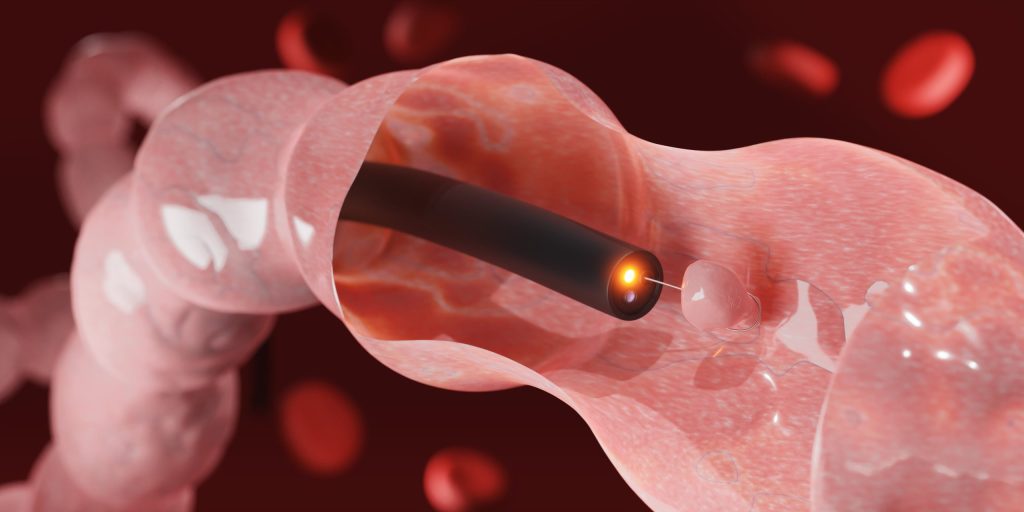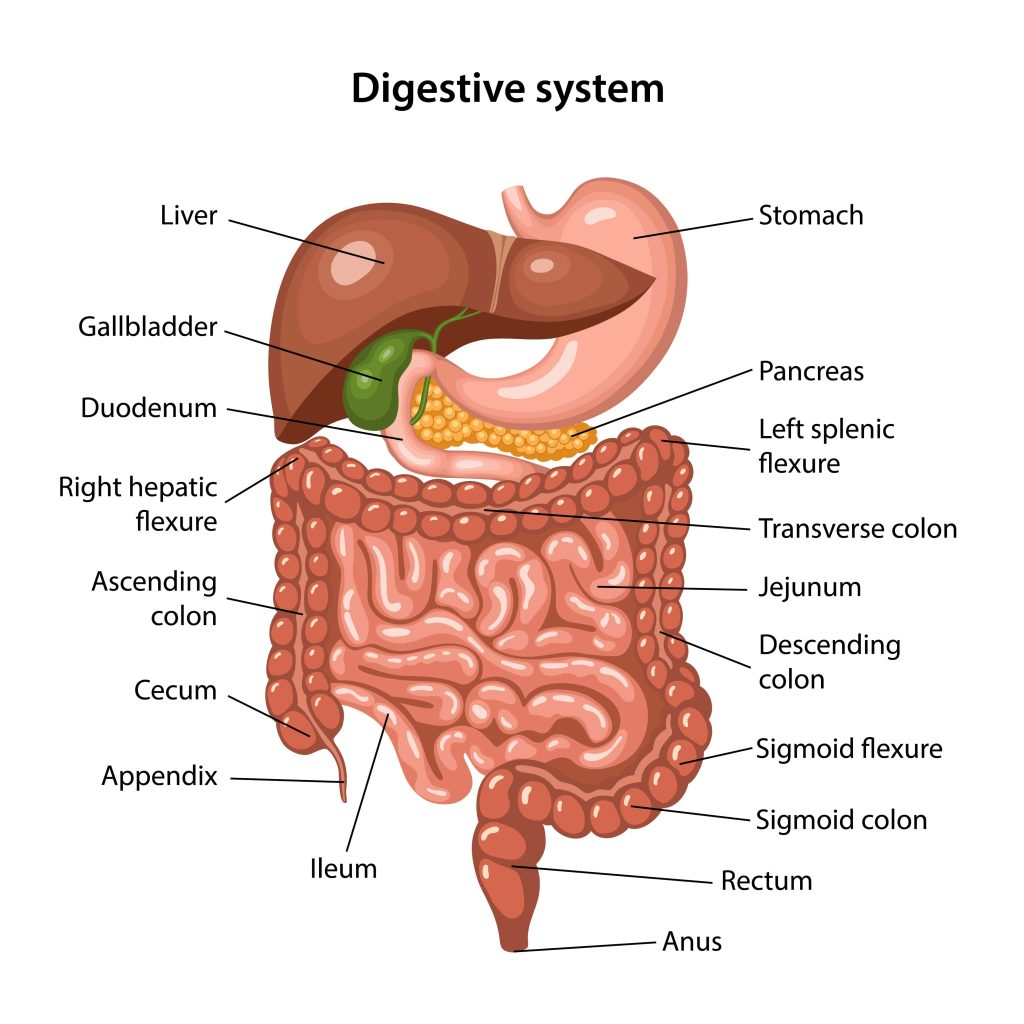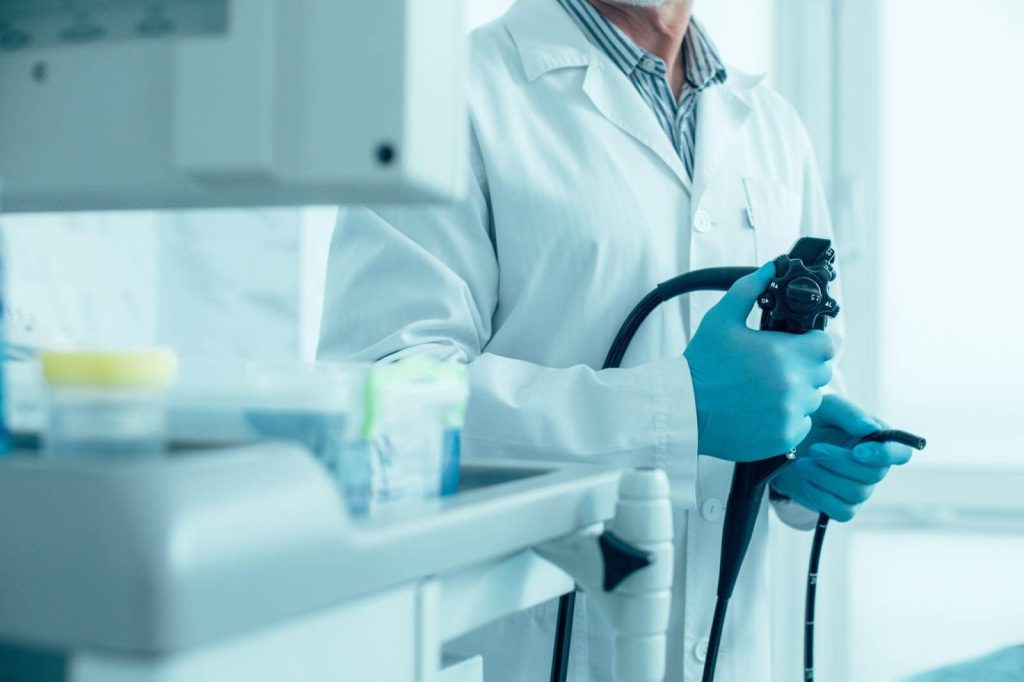
Screening Tests for Gastrointestinal Abnormalities: Deep Enteroscopy in Singapore
Deep enteroscopy, also known as a deep small bowel enteroscopy, is a non-surgical procedure that allows doctors to examine the small bowel with a long flexible tube known as an endoscope. A common type of enteroscopy, called balloon-assisted enteroscopy, utilises small inflatable balloons to assist in manoeuvring the endoscope through typically hard-to-reach areas in the small intestine via a ‘pleating’ mechanism; it does so by alternately inflating and deflating the balloon. This is a preferred method of screening as the more traditional methods wouldn’t be able to reach through the small intestine, which on average, is six metres long.
A deep enteroscopy in Singapore is usually performed by a gastroenterologist and has two main approaches; an Antegrade approach and a Retrograde approach:
- Antegrade approach: The gastroenterologist introduces the endoscope via the mouth.
- Retrograde approach: The gastroenterologist introduces the endoscope via the anus.
Endoscopy vs Enteroscopy: Is There a Difference?
A small bowel enteroscopy is a type of endoscopy procedure specifically designed to examine the small intestine. The term "enteroscopy" comes from the prefix "entero," which refers to the intestine. Therefore, an enteroscopy can be understood as a small bowel endoscopy or small intestine endoscopy.
While an endoscopy generally involves the examination of the entire gastrointestinal (GI) tract, an enteroscopy is focused solely on the small bowel. The primary distinction between the two procedures lies in their scope and the tools used. An endoscope (used for the endoscopy) comes with a light and camera attached, whereas an enteroscopy is equipped with specialised features to help the device advance further into your intestine, enabling a thorough examination.
Types of Deep Enteroscopy

Double Balloon Enteroscopy (DBE)
Also known as a push-and-pull enteroscopy, this procedure involves the insertion of an endoscope (flexible tube with a miniature camera attached) with an overtube through the small intestine. Balloons are attached at the end of each tube which alternately inflate and deflate in order to move the endoscope through the small intestine.
Single Balloon Enteroscopy (SBE)
A simplified alternative to a double balloon enteroscopy; this procedure involves the use of just one balloon instead of two.
Spiral Enteroscopy
As its name suggests, a spiral enteroscopy involves the use of a rotating spiral positioned over the endoscope, allowing it to move back and forth the small intestine. The main advantage of a spiral enteroscopy is that it allows the endoscope to travel across a larger distance in a shorter period of time.
Who Should Consider Deep Enteroscopy?
This screening procedure is used for both the diagnosis and treatment of colorectal cancers. Furthermore, a gastroenterologist may recommend this procedure for the following reasons:
- If you are suffering from nausea and vomiting
- If you are malnourished
- If you suffer from Crohn’s disease
- Identify the cause of bleeding in the small intestine
- To Biopsy an abnormal tissue
- To Remove polyps and other foreign masses from your bowel
- To Diagnose strictures, abnormal tissue, polyps or tumours, including adenocarcinomas, lymphomas, GI stromal tumours and carcinoids
This procedure can also be recommended as a follow-up to findings from an earlier imaging test, such as a capsule endoscopy or a CT Abdomen/Pelvis (CT AP) scan.
Can a Deep Endoscopy be Used as a Diagnostic and a Therapeutic Tool?

Deep enteroscopy could be used as both a diagnostic tool and a therapeutic tool.
As a diagnostic tool, it can:
- Find the cause of bleeding in the small intestine
- Detect and biopsy strictures (abnormal narrowings, inflammation or scar tissue)
- Detect and biopsy abnormal tissue
- Detect and biopsy polyps or tumours
Deep enteroscopy serves a therapeutic purpose, and various miniature tools can be attached to the end of the endoscope to:
- Remove polyps within the small intestine
- Widen a stricture
- Remove a foreign body stuck in the small intestine
- Remove a stone
- Implant a stent to prevent the re-narrowing of a section in the small intestine
This is all possible due to the capabilities of modern endoscopes’ which allow the gastroenterologist to reach the ‘small bowel’ which used to be considered a ‘no-mans’-land’ in the past. It’s quite beneficial for the patient as well, as it can sometimes save them from undergoing surgery.
Preparation for Deep Enteroscopy
Deep enteroscopies are typically performed under general anaesthesia or sedation. As such, you may be asked to prepare for the procedure by;
- Abstaining from food and drink 6 hours before the procedure
- Using a laxative or enema prior to the procedure to clear the bowels (for retrograde procedures)
- Avoiding certain medications
It’s also crucial to inform your doctor if you have any allergies and provide him or her with a list of any medications that you have been prescribed on a regular basis.
What can I expect for the Deep Enteroscopy procedure?
During a deep enteroscopy, general anaesthesia or intravenous sedatives will be administered, and a local anaesthetic will be sprayed into the mouth to prevent coughing or gagging during the insertion of the endoscope.
A mouth guard will also be inserted to protect both your teeth and the endoscope. In some instances, this procedure may be accompanied by an X-ray or a fluoroscopy for better localisation.
Depending on the reason for performing a deep enteroscopy, this procedure may be performed on an inpatient or outpatient basis and can take several hours to complete.
After the procedure, your doctor will monitor your condition and inform you of the results of the procedure once the anaesthesia or sedative has worn off. You may be asked to stay at the hospital overnight for further observation. Please note that you should arrange for transport home as you will not be able to drive after the procedure.
Side Effects of Deep Enteroscopy
Common side effects of a deep enteroscopy include:
- Sore throat
- Nausea
- Excessive gas or bloating
- Abdominal pain
- Pancreatitis (anterograde procedures)
- Bleeding (relatively uncommon)
These side effects are only temporary and should only last for a short period of time.
Summary
Deep enteroscopies are a safe and effective option when typically inaccessible areas of the gastrointestinal tract are involved. Using balloons attached to endoscopes, a doctor will be able to diagnose and treat any lesions, blockages, or growths located in the gastrointestinal tract. If you experience any form of gastrointestinal discomfort and wish to get it checked, do reach out to our dedicated team at Alpha Digestive and Liver Centre and book a consultation with our experienced Consultant Gastroenterologist, Dr Benjamin Yip, for the proper diagnosis and treatment. We will be with you every step of your treatment journey—your health is our foremost priority.
References
- “Differences in Small & Large Intestines | Children's Pittsburgh.” UPMC Children's Hospital of Pittsburgh, https://www.chp.edu/our-services/transplant/intestine/education/about-small-large-intestines. Accessed 26 May 2022.
- “Enteroscopy Test: Types, Prep, Cost, and More.” Verywell Health, 15 April 2022, https://www.verywellhealth.com/enteroscopy-procedure-4588157#toc-purpose-of-test. Accessed 26 May 2022.
- Moeschler, Oliver, and Karl Mueller. “Deep enteroscopy - indications, diagnostic yield and complications.” NCBI, https://www.ncbi.nlm.nih.gov/pmc/articles/PMC4316081/. Accessed 26 May 2022.
- “Enteroscopy.” Johns Hopkins Medicine, https://www.hopkinsmedicine.org/health/treatment-tests-and-therapies/enteroscopy. Accessed 26 May 2022.
- “Small Bowel Endoscopy.” Penn State Health, http://pennstatehealth.org/services-treatments/ibd-center/patient-care-treatment/ibd-diagnosis/small-bowel-endoscopy. Accessed 26 May 2022.

